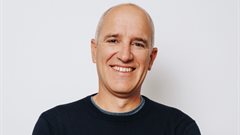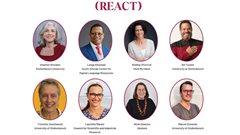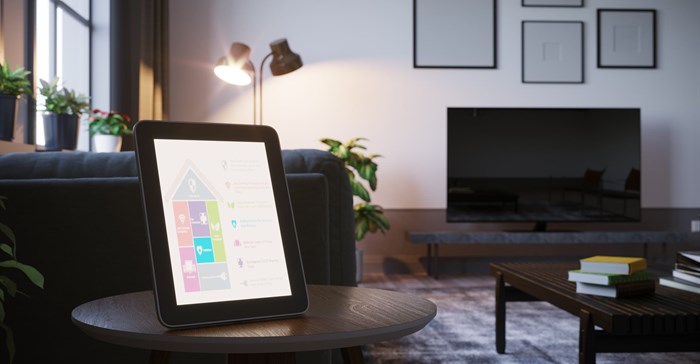
Top stories






More news


























ESG & Sustainability
Why children must shape Africa’s digital future










While there are variations in the extent to which technology is integrated, hotel companies seem to share an interest in finding the balance between technological and human resources when fulfilling customer needs.
In parallel to the developments in the field, technology is also considered a “key change agent” in educating hospitality professionals. Online and blended learning options are becoming increasingly available alongside more traditional in-classroom formats. This, in turn, raises the possibility for parts of the learning experience to continue to be delivered directly by the professor, and for other parts to be automated or managed by technology.
Hospitality is a dynamic and attractive industry which presents students with multiple career prospects. To enable readiness to thrive in the workplace, students are likely to gain most where opportunities exist for a multiplicity of learnings, resources and tools. This may be through immersive industry experiences, real-life challenges and other experiential formats. New technologies can allow such learnings to be successfully delivered in person as well as digitally. Shifting toward digital formats requires learners to be open and ready to engage with different and potentially new ways of learning.
Professors, likewise, need to embrace these new possibilities and be prepared for the challenges that may be faced. What may have been successfully delivered face-to-face in the classroom, may not seamlessly transfer into an online space. Professors more comfortable face-to-face in the classroom may need additional training to excel behind the camera lens. Professors who are used to direct exchange with students may need to consider how to best engage them when the content is pre-recorded.
It is an exciting moment to embrace technological advances in hospitality – in the field and in education. The pace of change is rapid. Information relevant today may become obsolete in the future.
This presents opportunities and challenges for all stakeholders involved – hospitality firms, learners, and professors. Hospitality graduates will likely pursue continued learning opportunities after completing their foundational training. Their future studies may be enabled and optimized by more customized and flexible educational formats.
Shifts and trends in the industry will require new programs and offers, leveraging various degrees of online, blended and face-to-face combinations. Professors and educational institutions will need to keep pace and find a successful formula that enhances student learning, knowledge delivery and personal development. These learning experiences will need to enable students to meet the challenges of the workplace as we know it, but also the future workplace that is continuously created.
